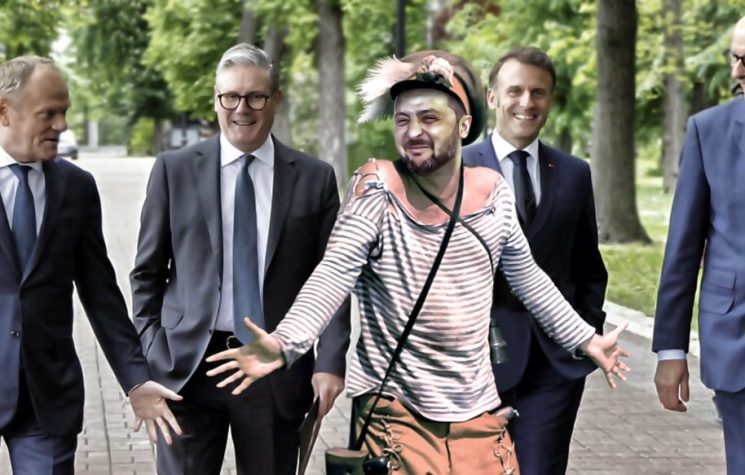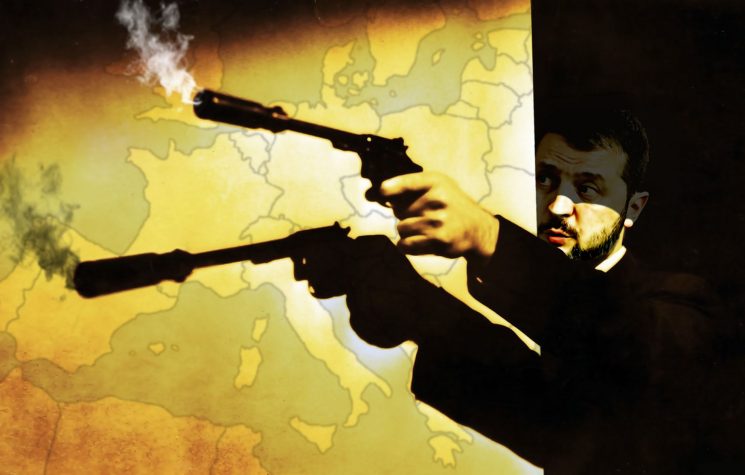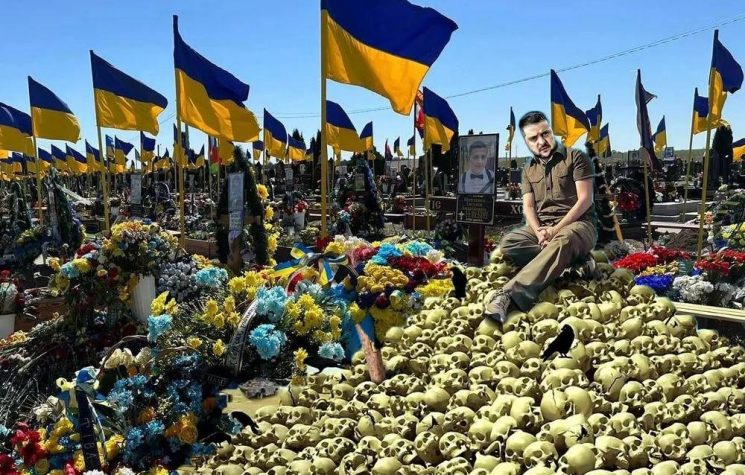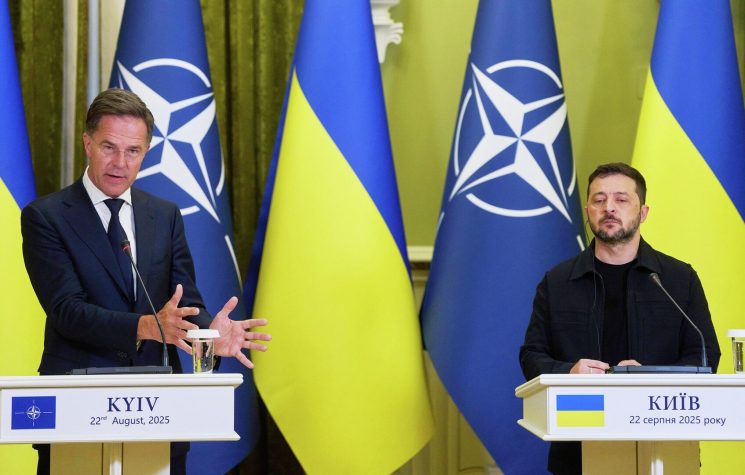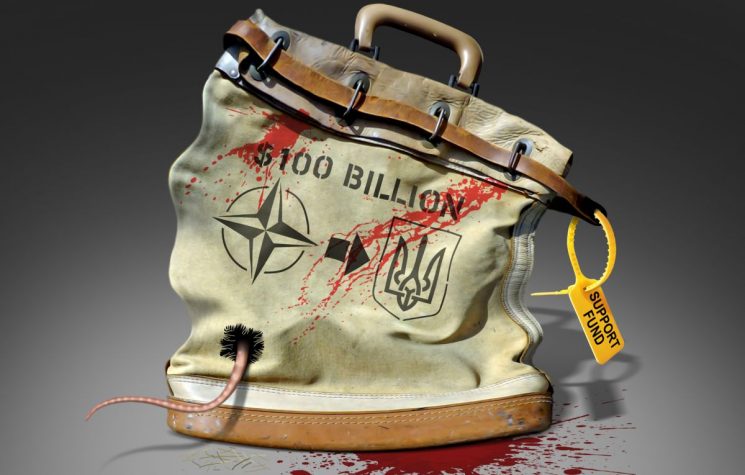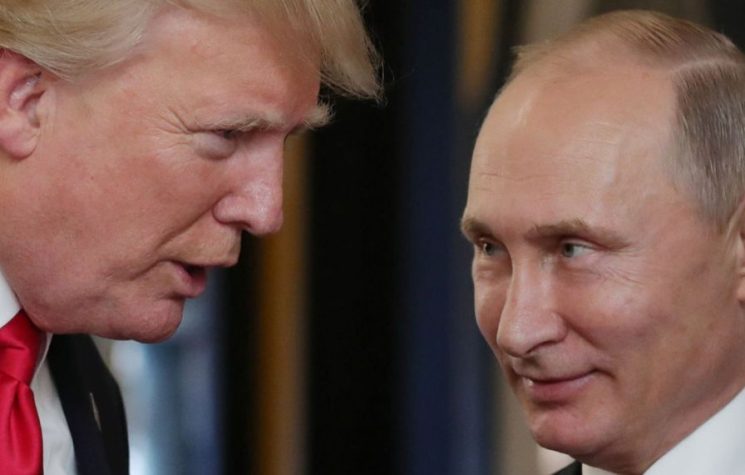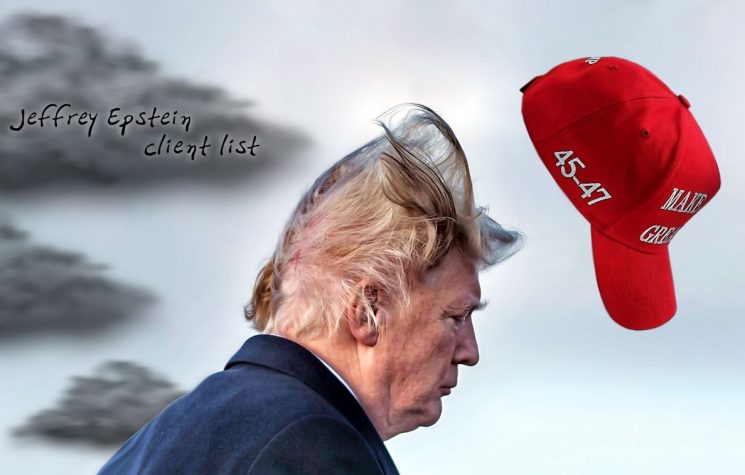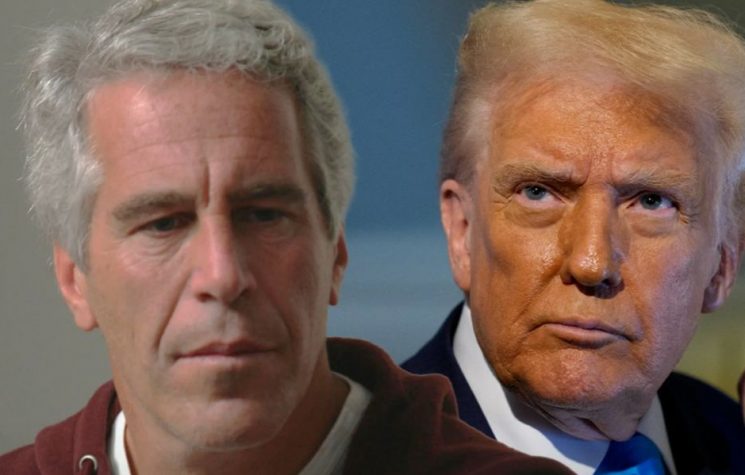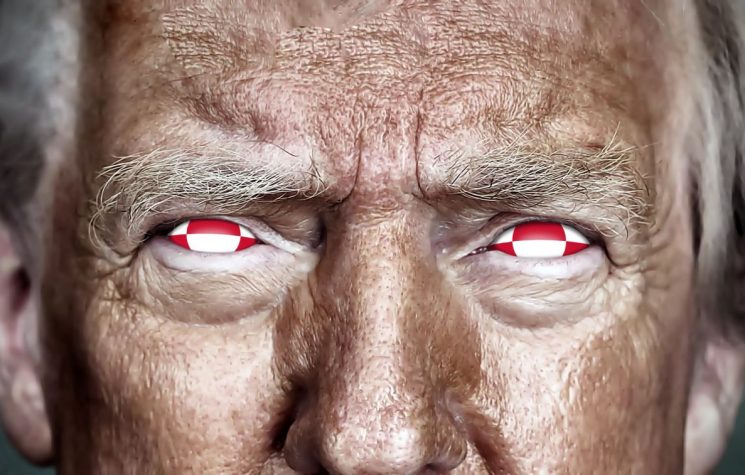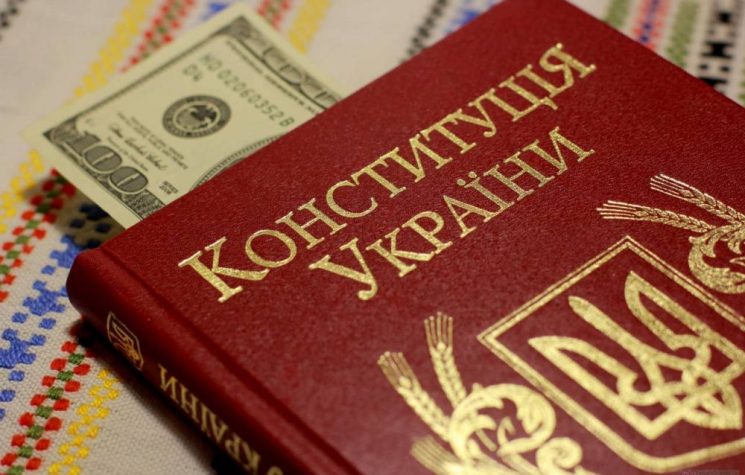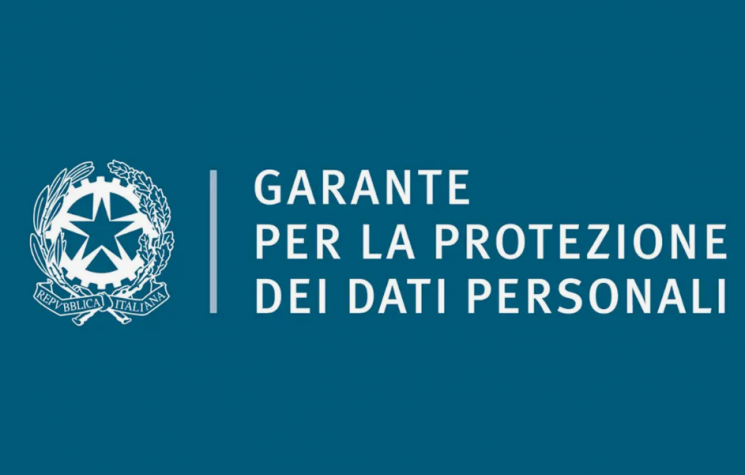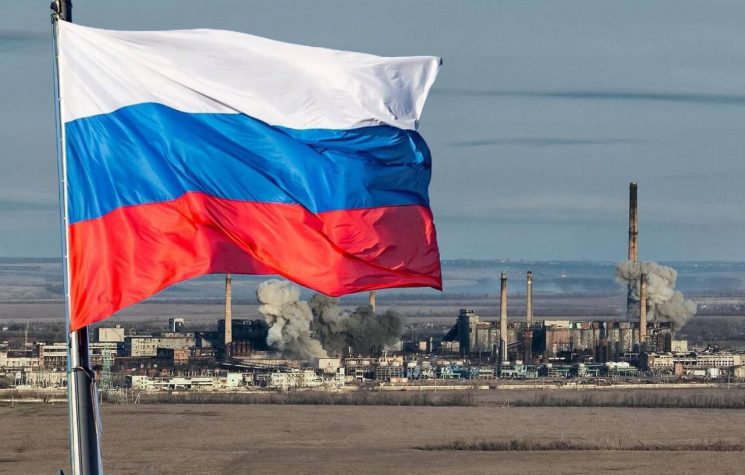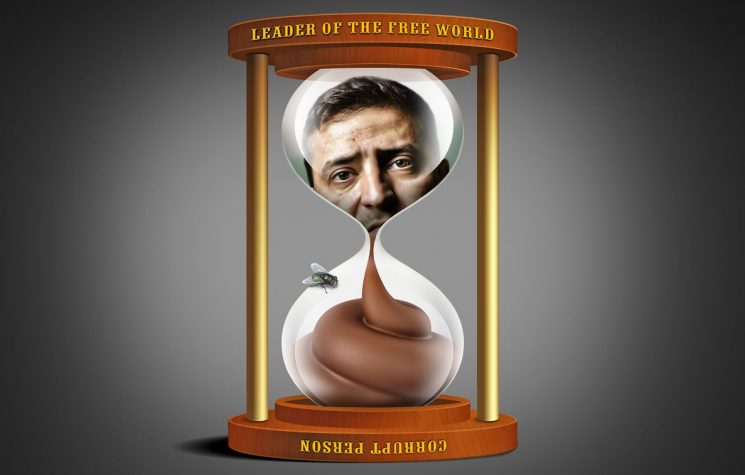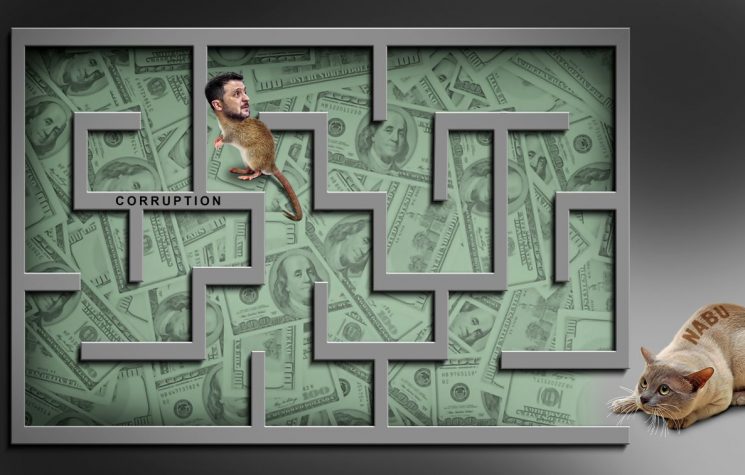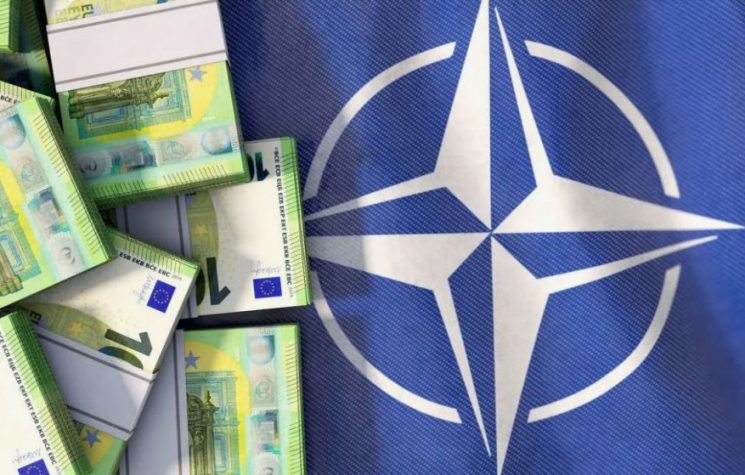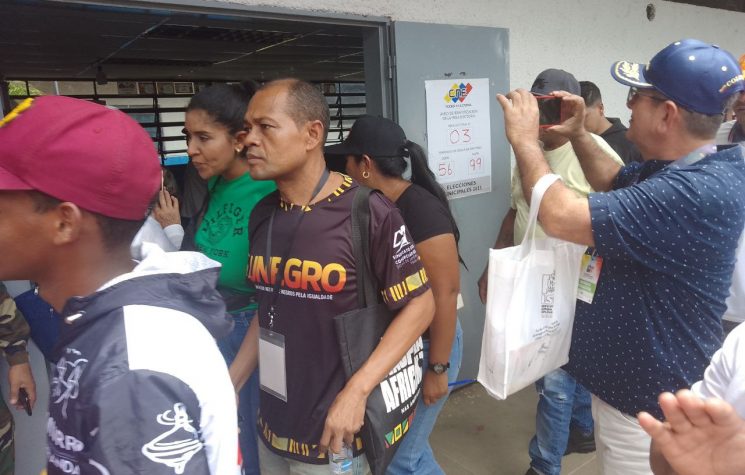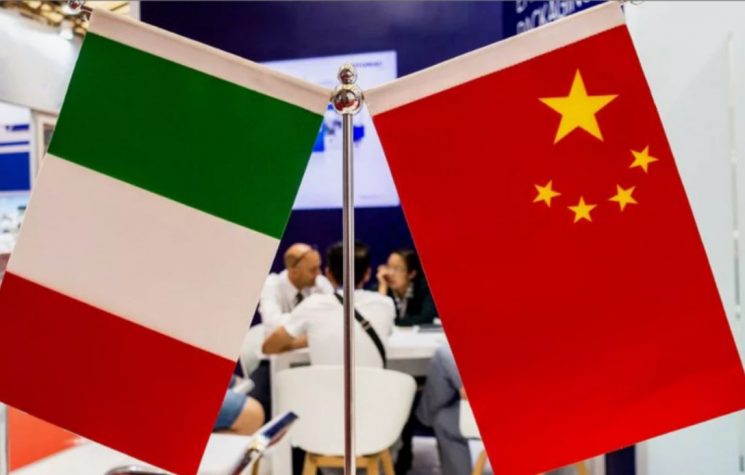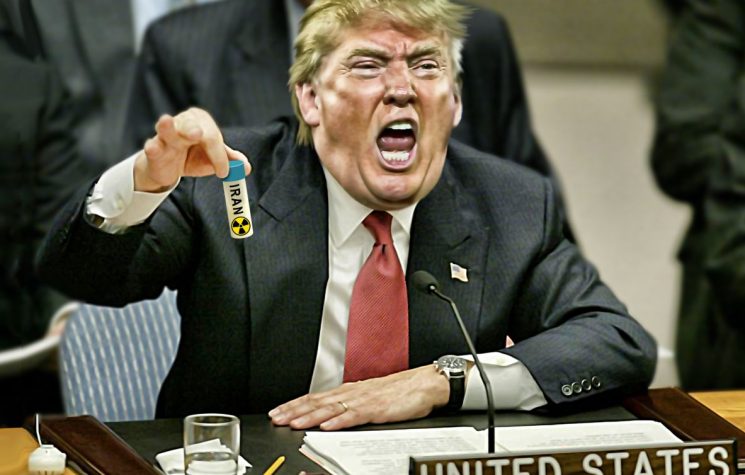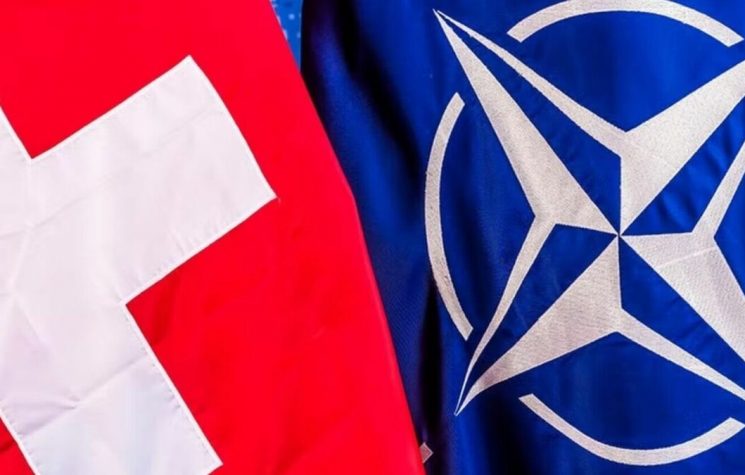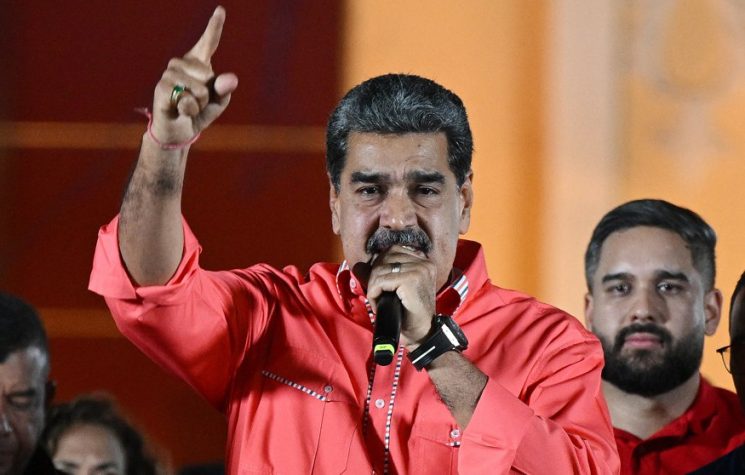The recent developments in Ukraine are not merely about domestic corruption — they are also intricately linked to Trump’s long-standing quest for political payback.
Join us on Telegram![]() , Twitter
, Twitter![]() , and VK
, and VK![]() .
.
Contact us: info@strategic-culture.su
Ukraine is currently experiencing a serious domestic political crisis shaking the national agenda. The Security Service of Ukraine (SBU) conducted raids at no fewer than 15 locations across the country targeting the National Anti-Corruption Bureau of Ukraine (NABU). These operations are being interpreted as an inter-agency showdown, with NABU officials accused of alleged cooperation with Russia.
According to the SBU, an officer in NABU’s elite “D-2” unit allegedly leaked sensitive information from Ukrainian security agencies to Russia in exchange for payment. The Security Service claims the individual was a Russian agent and stated that NABU leadership had been previously warned but failed to take the necessary action.
Among those whose properties were searched is Ruslan Magamedrasulov, a senior detective at NABU. It is noted that Magamedrasulov is of Dagestani origin and that his father is a Russian citizen. Allegations have also surfaced accusing him of involvement in a covert cannabis trade. As part of the investigation, it was reported that his mother, who resides in Kyiv, receives a pension from the Russia-backed Donetsk People’s Republic (DNR) and shares pro-Russian content on social media.
The SBU claims that Magamedrasulov caused a serious security breach within NABU by sharing information about NABU’s secret operations with other Ukrainian intelligence services. It is also alleged that he collaborated with Fedor Khrystenko, a former member of the banned pro-Russian Opposition Platform — For Life (OPZZh) party, who reportedly still holds influence within NABU.
Strong response from NABU and SAPO
On the other hand, NABU and the Specialized Anti-Corruption Prosecutor’s Office (SAPO) issued strong statements condemning the SBU’s operations. Both institutions asserted that the raids were carried out with force and without court authorization. Their statements warned that such interventions jeopardize ongoing covert investigations, risk exposing sensitive cases, and sabotage the anti-corruption process.
Another noteworthy detail is that most of the raids occurred while the heads of NABU and SAPO were abroad. This timing has led to speculation that the operations were deliberately scheduled for when key figures were out of the country.
Parliamentary backing for the operations
While Ukraine was still debating the NABU raids, a new law passed through parliament that effectively stripped NABU and SAPO of their independence.
The new legislation expands the authority of the Prosecutor General over investigations led by NABU and prosecutions undertaken by SAPO.
Remarkably, the bill passed through the parliamentary committee, was voted on in the general assembly, signed by Speaker Ruslan Stefanchuk, and enacted — all within the same day, an extraordinarily swift legislative process.
Under the new law, the Prosecutor General can now give orders to NABU investigators or reassign their investigations to other agencies. The Prosecutor General is also granted the power to delegate SAPO’s authority to other prosecutors.
Additionally, the Prosecutor General can shut down NABU investigations upon request by the defense.
The bill passed with the support of 263 MPs, while 13 voted against and another 13 abstained. The law has been forwarded to President Volodymyr Zelensky for signature. Although Zelensky has the power to veto the bill, such an action is not expected.
This is especially so because the newly empowered Prosecutor General is Ruslan Kravchenko, known to be close to President Zelensky.
What does the law mean?
If implemented, these legal changes could potentially block investigations into individuals and institutions close to the President.
Before the vote, NABU warned that:
“These changes will destroy the independence of NABU and SAPO and effectively subordinate their operations to the Prosecutor General. Ukraine’s anti-corruption infrastructure, built since 2015, will be dismantled.”
NABU Director Semen Kryvonos harshly criticized the law, stating it poses a threat to Ukraine’s “Euro-Atlantic integration.”
The only figure from the ruling bloc to oppose the law was Anastasiia Radina, Chair of the Parliamentary Committee on Anti-Corruption Policy.
Addressing her fellow MPs, Radina said:
“Don’t fool yourselves or the public. This is not a minor amendment to expand the Prosecutor General’s powers — it’s the dismantling of NABU and SAPO.”
The root of the conflict
The war against Ukraine’s anti-corruption institutions is not new. For example, in 2022, the Head of the Ukrainian Accounting Chamber, Valeriy Patskan, was ousted shortly after he began investigating how billions of dollars in Western aid were being spent.
Patskan had announced plans to audit the military and law enforcement in coordination with NABU. Soon after, he faced criminal allegations and resigned from his post.
This political crisis in Ukraine is also — as with nearly all of Ukraine’s major political crises — a reflection of the broader conflict between Donald Trump and the Biden family.
What is NABU?
The NABU, now under siege, was established ten years ago. It was created in 2015, after the 2014 Maidan coup that radically altered Ukraine’s political trajectory, ostensibly to fight corruption.
What makes NABU unique is that it was created with direct support from the U.S. government. It was funded through grants from the U.S. Embassy in Kyiv, operated in close coordination with the embassy in its decision-making, and was initially overseen by FBI representative Karen Greenway, based in the embassy.
In this environment, NABU became the central institution for conducting corruption investigations in Ukraine, supplanting traditional prosecutorial bodies, and serving as a de facto tool of U.S. influence.
A striking example of this relationship surfaced in 2017. In leaked audio recordings, former NABU head Artem Sytnyk admitted that during the 2016 U.S. elections, he had received orders from the U.S. Embassy to search the homes and offices of Donald Trump’s Ukrainian allies for potentially incriminating evidence favoring Hillary Clinton.
NABU and Burisma
To understand NABU’s role more clearly, it’s important to recall the “Burisma corruption” scandal. Under ousted pro-Russian President Viktor Yanukovych, Ukraine’s largest natural gas company, Burisma, was already under international investigation for corruption and money laundering. During this period, Joe Biden’s son, Hunter Biden, joined Burisma’s board of directors with a monthly salary of $50,000.
Other board members included former Polish President Aleksander Kwaśniewski and Devon Archer, campaign manager for then-Secretary of State John Kerry during the 2004 U.S. election.
While then-Ukrainian Prosecutor General Viktor Shokin was investigating this web of relationships, the Biden family, acting on behalf of the Obama administration, pressured the Ukrainian government to remove Shokin from office.
Eventually, following the 2014 Maidan coup, then-President Petro Poroshenko complied with U.S. demands, and the investigation involving U.S. officials was handed over to NABU — the very agency established and funded by the U.S.
Where does Trump come in?
All these events are directly tied to political rivalries within the United States. In fact, Trump’s first impeachment process was directly related to the Biden family and NABU.
That process began with a phone call in July 2019 between then-President Trump and newly elected Ukrainian President Volodymyr Zelensky.
Trump was accused of “seeking help from a foreign country for personal political gain” and “abuse of power,” leading to his impeachment by the House of Representatives. He was later acquitted by the Senate and remained in office.
At the center of the phone call was Trump’s request that Zelensky reopen the Biden-related investigation that had been closed under Poroshenko, allegedly at the behest of NABU.
Therefore, it would not be an exaggeration to say that the recent developments in Ukraine are not merely about domestic corruption — they are also intricately linked to Trump’s long-standing quest for political payback.



















